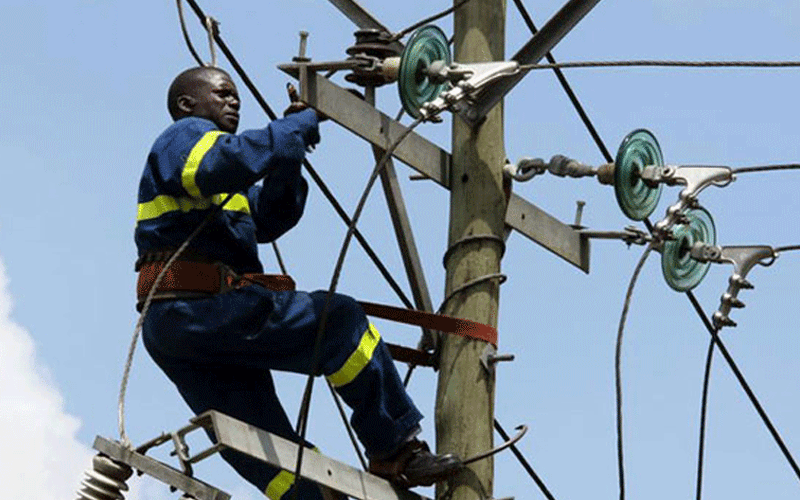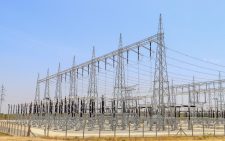Competition the only way to salvage Kenya Power

What is a monopoly? This is a company that is the sole provider of a given good or service in the market.
Monopolies habitually fail due to complacency because they are never under any competitive pressure.
After all, customers are their “prisoners.” In Kenya, the situation is aggravated by the rampant corruption in the public sector.
Kenya Power, the country’s sole retailer of electricity, by law, is a classic case of a very inefficient monopoly, aggravated seriously by huge corruption scandals. Its customers complain habitually about exaggerated bills, exorbitant power charges, and perennial blackouts. No one seems to care.
Kenya Power is in a big hole financially. But it has continued moving whistlingly ahead, convinced that Kenyans have no alternative.
The Government, its majority owner, has also remained complacent, secure in the knowledge that it only needs to jerk up electricity tariffs anytime Kenya Power “needs money.”
That illusion has come to a jarring halt. As all monopolies realise sooner or later, people have choices, even if they have to jump hoops to create them. And in the case of Kenya Power, consumers are voting with their feet!
Kenya Power has seen a huge drop in revenues as its large scale industrial customers switch to solar.
Fed up with bad service and business interruptions, big customers, including airports, universities, malls, all huge consumers of power on a 24-hour basis, have switched to solar. Kenya Power’s response- panic!
Unfortunately for the company, this train has already left the station. Large scale consumers are now in a rush to defect.
Total Kenya has already installed solar systems in 107 of its stations, and intends to equip the balance of 41 by 2021.
The shape of the future is clear in the Garissa solar farm, which was commissioned in 2018, and which produces 50MW.
Bottom line is that these revenues from grid defection are not coming back, with more businesses likely to follow suit to boost their competitiveness. Solar is the next battleground for competitiveness.
Even more ominous is that bulk electricity generator, the highly profitable Kenya Electricity generating Company (Kengen), has applied for a license to sell bulk power to industrial consumers. Those sounds you hear are the bells tolling for Kenya Power.
Its financial position is very precarious. With debts to power suppliers at Sh47.8 billion, and entering into losses of Sh2.7 billion after years of falling profits, amid falling revenues as big customers flee, it is unlikely that Kenya Power, as currently constituted, can turn itself around.
So, how can Kenya Power be saved?
The only way is for Government to open up the market to competition. The backbone infrastructure should be hived off into a publicly owned government entity, to which all retailers will have access.
Kenya Power restructures to become a retailer of power, competing with other licensed retailers.
Smaller, nimbler private players with reduced cost structures and robust business models will dramatically change the entire power equation in Kenya.
Kenya Power’s huge debt can be taken over by the Government and amortised over the long run, to be retired from royalties paid by the retailers using the backbone.
The Government also takes over the huge liabilities that have imposed an impossible burden on Kenya Power of paying for excess electricity generated by expensive private thermal generators.
Kenya Power stops bleeding red ink right there. This backbone company concentrates on developing transmission infrastructure countrywide.
Kenya Electricity Transmission Company (KETRACO) is already playing this role, and would seamlessly assume the national backbone infrastructure. The rest is financial engineering.
Audacious? Certainly! Unprecedented? Certainly not! Kenya Power is the last of the economic dinosaurs that have best raddled Kenya for decades, strangling businesses and the economy with their gross inefficiencies and corruption. Its peers have been dismantled, unleashing huge economic energy. – Email: gathukara@gmail.com














